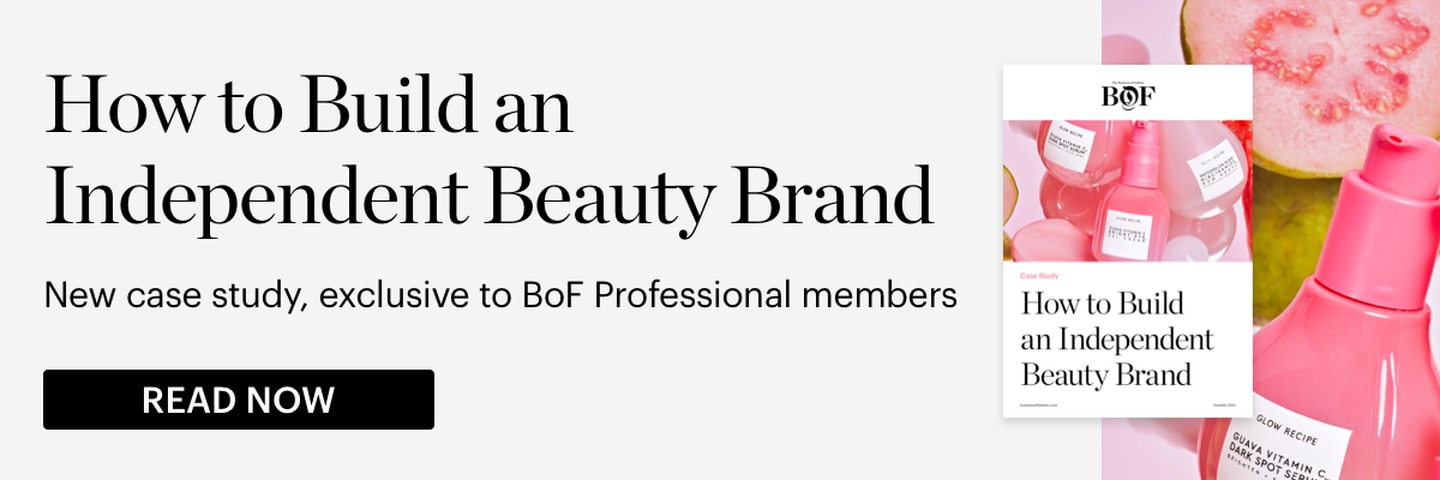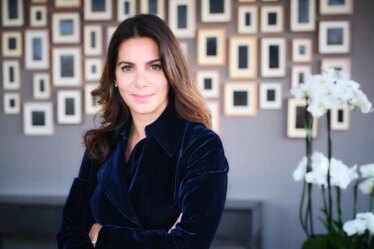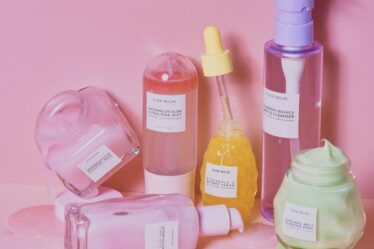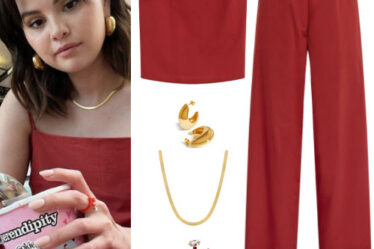
Within two days, two founders of two hair care lines — Shelby Wild of Playa and Kristin Ess of Kristin Ess Hair — sued the beauty incubators that own their respective businesses.
On Nov. 23, Wild filed a lawsuit against Morphe, the makeup brand turned incubator, and its majority owner, private equity firm General Atlantic, alleging the companies didn’t adequately support her brand after Playa’s 2020 acquisition. The previous day, Ess had filed a breach of contract lawsuit alleging that Maesa, the beauty incubator that co-developed her line five years ago, misled her on its plans for selling her brand and “pushed Kristin Ess Hair into down market retailers without consulting Ms. Ess first.”
For the uninitiated, a beauty incubator is a centralised entity that exists to bring new brands to market. They usually create lines with a similar look and feel and specific focus, like celebrities or Gen-Z. Their pitch to founders is that they have the resources and expertise to quickly launch and scale a brand.
Incubators come in all shapes and sizes: Slate Brands specialise in Gen-Z brands; last week it launched a new line, Insanely Clean, a streetwear inspired range of skin care geared towards men. A-Frame, Beach House Group and Maesa focus on influencer and celebrity fronted skin care, makeup, hair care and grooming lines. Fenty Beauty, created by LVMH’s beauty incubator, Kendo, is the biggest celebrity success to come out of an incubator. And more are coming: both United Talent Agency and Creative Artists Agency are fixated on developing their own incubators, turning their existing talent into insta-brands.
But as the Wild and Ess lawsuits show, the model leaves some founders dissatisfied. Why has this business model suddenly become so problematic?
It’s not surprising that people want a shortcut to brand building. In beauty, where celebrities with big followings have a built-in advantage, the brand-in-a-box approach is particularly appealing.
Incubators aren’t inherently bad; it’s the ones simply optimising on trends or taking influencers of the moment to plug into an existing formula that aren’t made for the longterm. For many, there’s a real use for incubators, including founders who may not have the business acumen or knowhow when it comes to manufacturing or scaling a brand or don’t want to be a CEO of a company.
Ess took to Instagram last week, where she told her 525,000 followers that she would be “entering into what will likely be a long and emotionally draining lawsuit” with Maesa. In a series of posts, Ess alleges she was “misled” by the incubator, which “continued gripping onto my brand, using it as a piggy bank to fund their many other ideas.” Since Ess’ brand debuted in 2017, Maesa launched a trio of celebrity and influencer hair care lines: Anomaly by Priyanka Chopra Jonas; TPH by Taraji P. Henson and Hairitage by Mindy McKnight.
Wild, at least, was able to develop Playa’s products herself. Many incubator projects can feel like Frankenstein creations, Google trends paired with the influencer of the moment. (Kendo, which co-created the genuinely innovative Fenty Beauty with Rihanna, is an exception.)
To draw an analogy to the movie industry: many incubators view every label as a sequel; making a blockbuster based on an original idea is incredibly difficult. In beauty, a winning brand tries something different. It experiments with a new format, distribution model or some other element. That means taking risks. Incubators don’t always do that; they’ve typically had an early success or two and are optimising for pattern recognition.
But what might have worked today may not resonate with consumers tomorrow.



